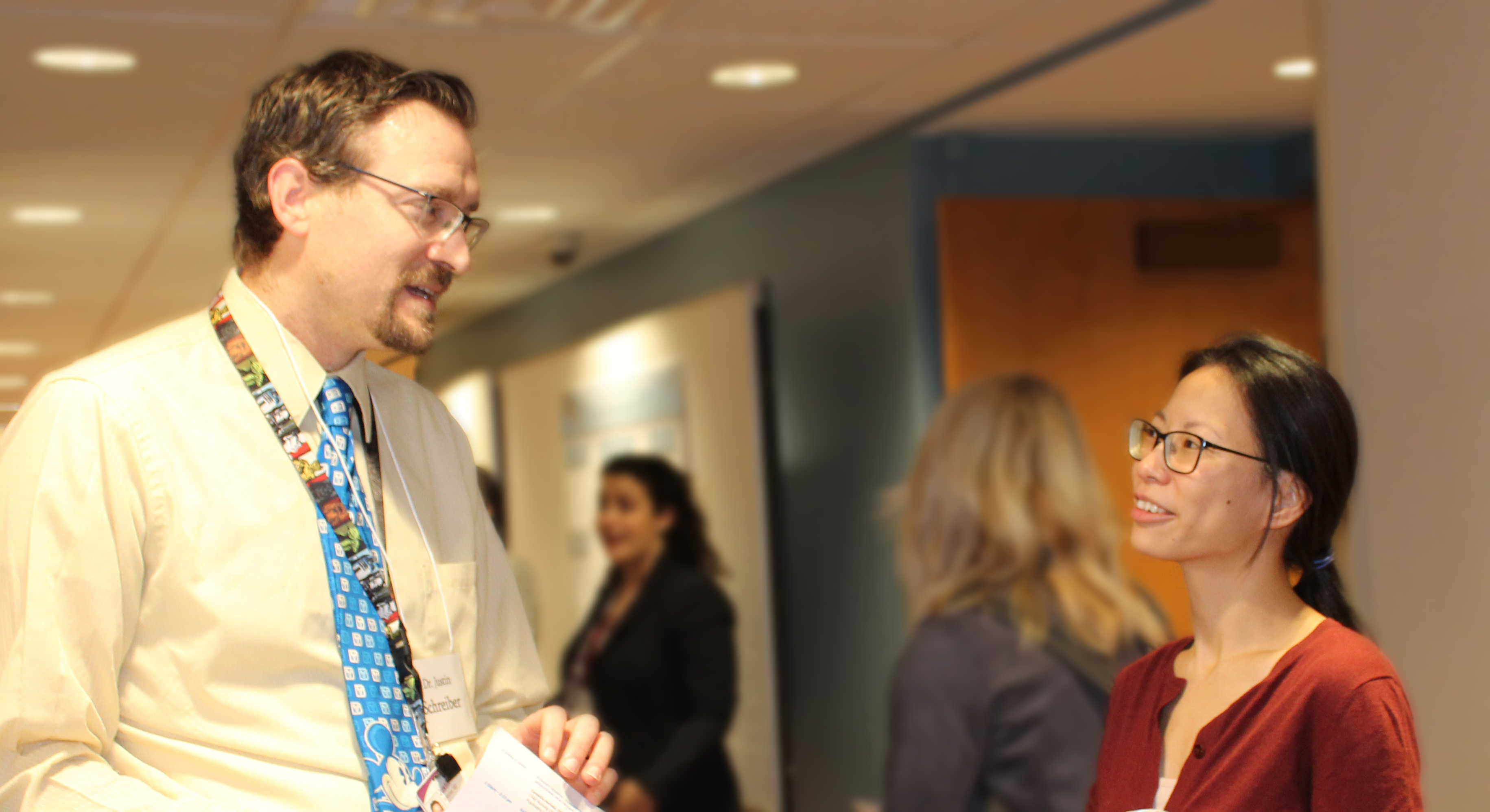The program's goals are to: (1) Provide each interested resident with a faculty “point person” to whom they can turn for advice and support throughout their training; and (2) further enhance the development of meaningful professional relationships between residents and faculty.
We have further defined the key mentorship roles as those of:
- Advisor (on career goals and development)
- Advocate (providing assistance to mentees as needed throughout their residency)
- Role Model
- Guide (to help with professional development and networking)
- Facilitator (for establishing contacts and possible mentorship from the other faculty as indicated)
The recommendations for residents, include:
- The recognition that a mentorship program is not a passive process; mentees should demonstrate a willingness to invest time and energy into the relationship with the mentor and an appreciation for the time and energies received.
- Mentees should also identify their own short- and long-range goals for their relationship with their mentor.

Mentors and Mentees are paired around November of PGY1. Pairing is based on our knowledge of Faculty interest and Resident interest to try and achieve a good "fit" in the pairing.
We encourage residents to meet their mentors regularly (at least once monthly).
Within the stated aims the mentor/mentee relationship provides a springboard into life at UPMC Western Psychiatric Hospital and in Pittsburgh. It is anticipated that, using the support of their initial mentor, residents will form new mentor relationships as their clinical and academic career flourishes.
The initial mentor/mentee relationship may therefore continue for the full-length of a residents training supplemented by additional mentors or the resident may gravitate towards a new mentor as their aspirations and direction changes.
The Resident Mentorship program is evaluated at biannual reviews and formal feedback is obtained annually from both mentors and mentees.
This allows the program to be flexible to the developing needs of the residents while ensuring that they are encouraged to take advantage of the mentorship experiences that we can offer.
